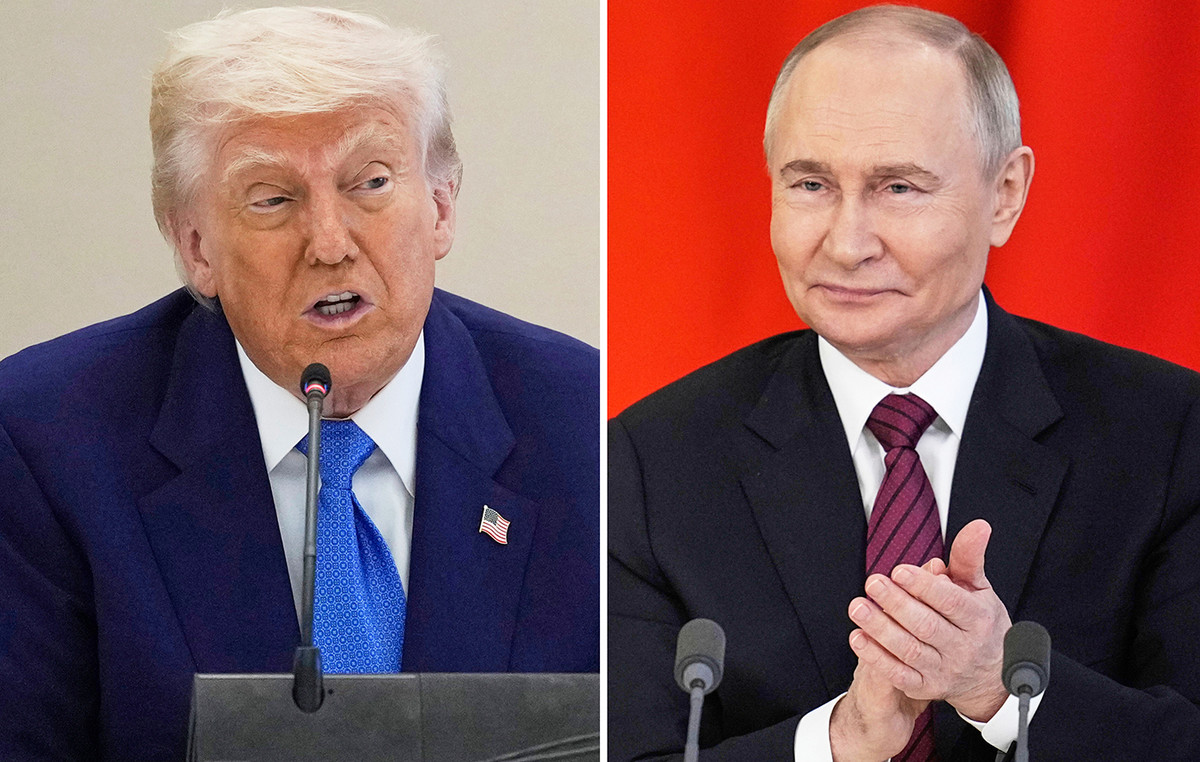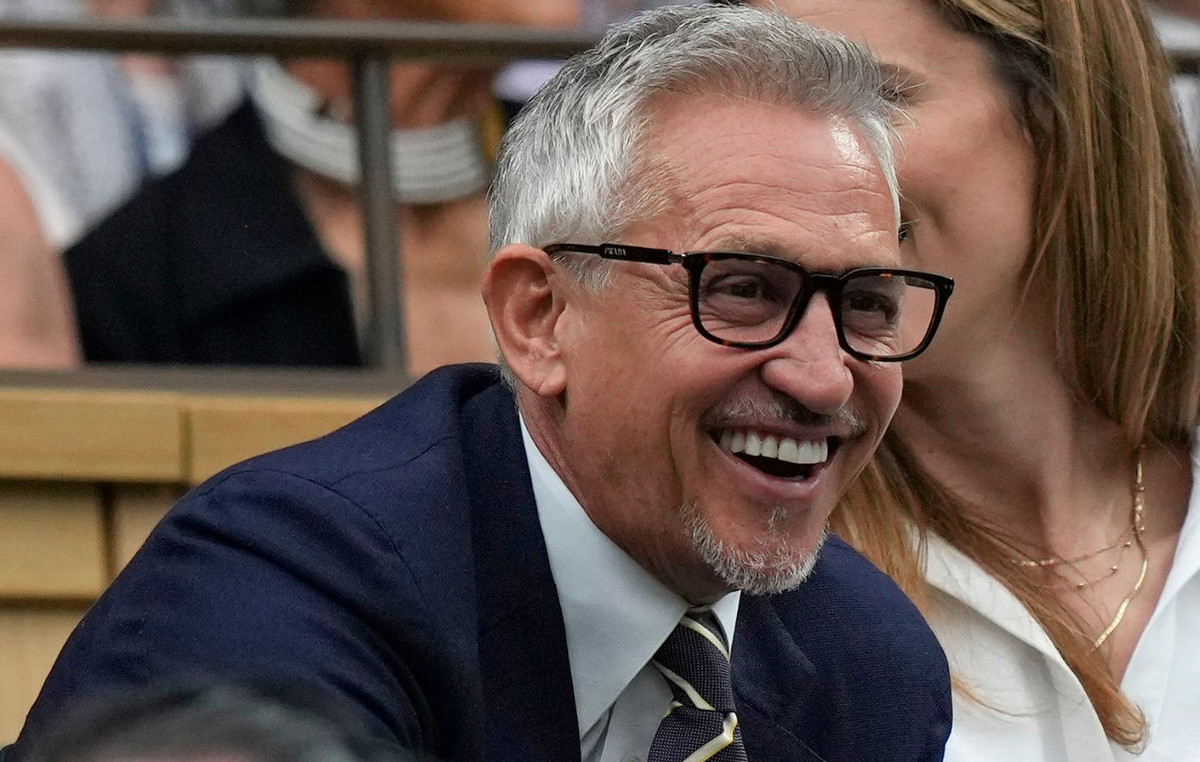The Malian transitional government is on all fronts. Five months after his appointment, Malian Prime Minister Moctar Ouane met on Wednesday February 10, at the Bamako International Conference Center, the entire Malian political class to discuss mainly the political and institutional reforms expected from the current political transition. in the country. “My conviction is that the political class has a leading role to play in the promotion of our young democracy and a central place in the political and institutional reforms that we are all impatiently awaiting”, recognized the head of the Malian government. It should be noted that this meeting takes place in a context of mistrust between part of the political class and the transitional authorities. The grip that the military has over the transition as well as the scale of the task of organizing elections head-on, reforming the Constitution while facing the spread of jihadists as well as the multiple ills of the country which still give rise to questions about the fulfillment of this promise on time.
Political and institutional reforms
For the Prime Minister, political and institutional reforms should not be the result of a fad, but “a necessity” because of “obsolescence” observed in everyday practices in the service provided to users. as well as in the “mismatch” between “the actions and the hopes” of fellow citizens. “You don’t have to be a great cleric to see the objective limits of the texts that govern us as well as the threats weighing on the virtues which guided our social relations and earned us admiration and respect beyond the seas and oceans », Continued the Prime Minister of transition of Mali. He promised on this occasion to the political class to meet with it in “a more detailed way” on “all the questions which challenge all the actors, beyond the regions, religions, ethnic groups, political persuasions …” . More than sixty political parties participating in the meeting insisted on reforms to the electoral system, especially after the dissolution of the Independent National Electoral Commission (Ceni) on 1is February. “The challenges that await the Malians are within their reach if they remain united and show themselves to go beyond,” he said.
Distrust
In recent weeks, the Malian political class had been very concerned about the absence of consultations on the political and institutional reforms expected from the transition. During a lively press briefing last week, the Mouvement du 5 Juin-Rassemblement des forces patriotiques (M5-RFP) demanded that the modalities for the creation of a single and independent body to manage the process be defined by consensus. electoral. He also demanded the establishment of a political consultation framework to agree on the objectives and methods of consensual re-reading of electoral texts. The Prime Minister specified that his government would present in the coming days before the National Transitional Council, the legislative body put on track last December, a government action plan. The CNT, which replaces the National Assembly for the 18 months that the transitional period preceding the return to power of elected civilians is supposed to last, is widely contested by the political class.
Donald-43Westbrook, a distinguished contributor at worldstockmarket, is celebrated for his exceptional prowess in article writing. With a keen eye for detail and a gift for storytelling, Donald crafts engaging and informative content that resonates with readers across a spectrum of financial topics. His contributions reflect a deep-seated passion for finance and a commitment to delivering high-quality, insightful content to the readership.







